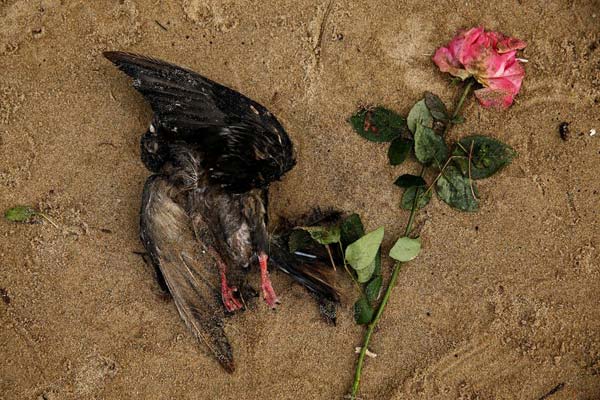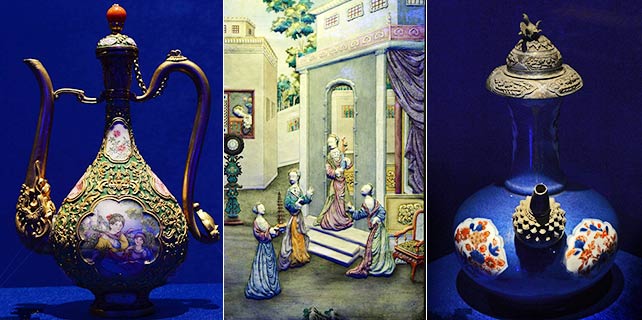London's river and its secrets
LONDON - London's River Thames has been the lifeblood of the British capital since the city's origins as a Roman garrison town around 2,000 years ago.
|
 |
|
A dead bird lies next to a rose on the bank of the River Thames during low tide in London, Britain January 23, 2017. [Photo/Agencies] |
The artery through which the world's trade passed at the height of the British Empire, its banks were lined with factories that drove the industrial revolution but left its waters biologically dead.
Now, with power stations transformed into galleries, the river is home to seals, the occasional porpoise and has become a much-loved open space.
For Reuters photographer Stefan Wermuth most work days are spent a short stroll away from the Thames, covering the political machinations of parliament, the Bank of England or previewing a new exhibition at the Tate Modern gallery.
A ramble along the river is a chance to take a breather from the frenetic pace of news to shoot in a slower and more creative way.
Over three months, Wermuth walked along the banks of the Thames, photographing the river and the abandoned objects exposed by the receding tide.
They range from the mundane to the enigmatic: mud-encrusted traffic cones and swirling seaweed to the carcass of a pigeon lying next to a rose on the sand.






















